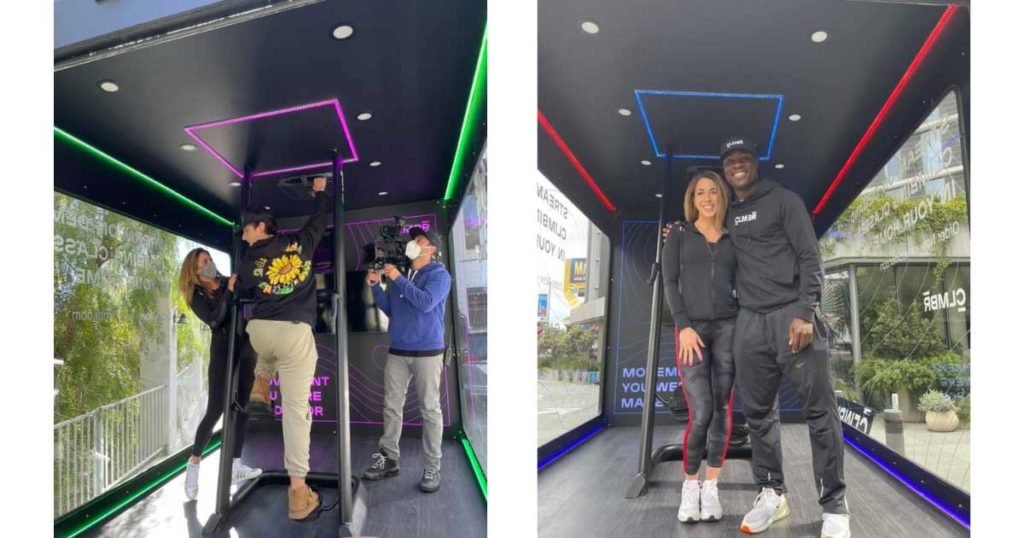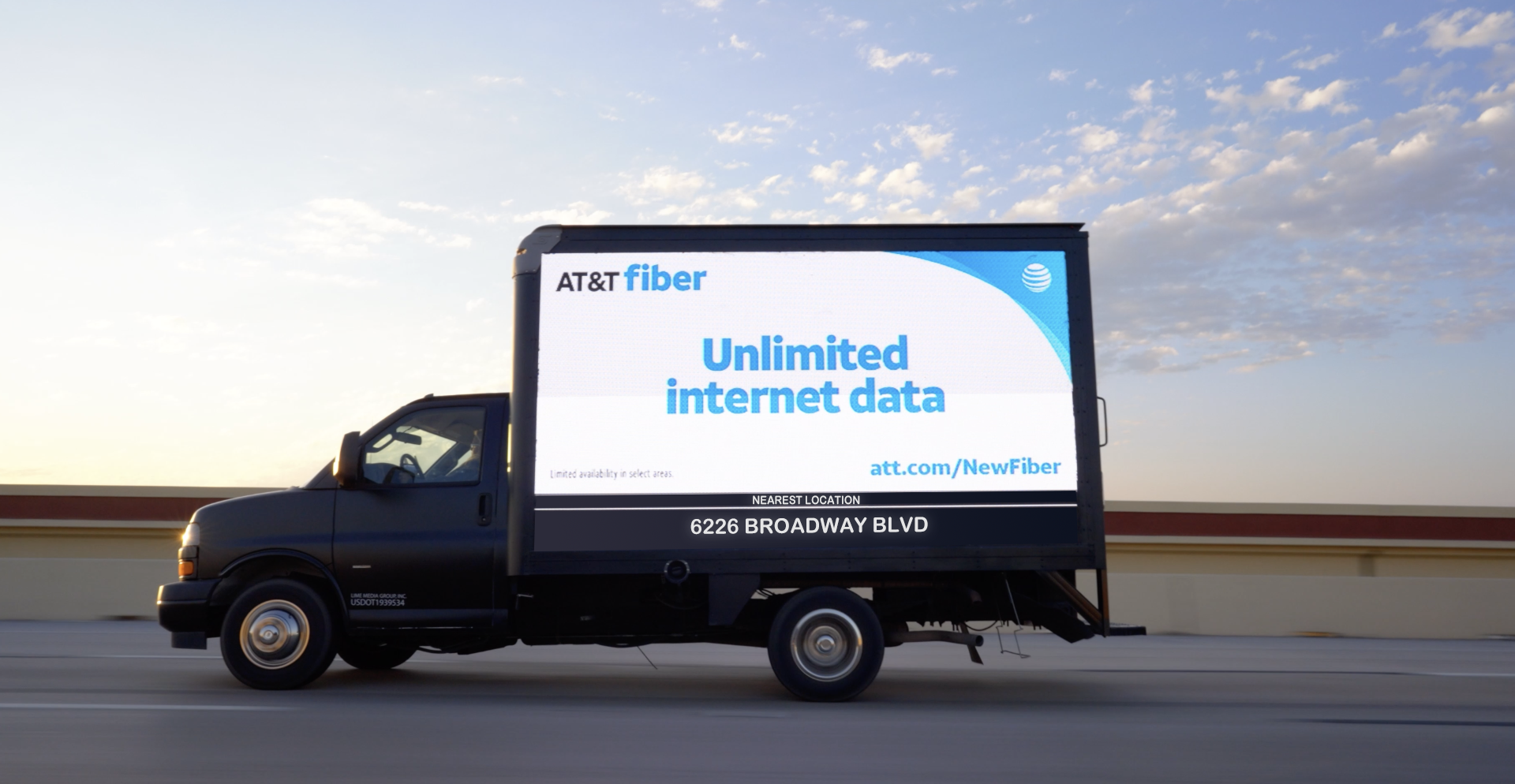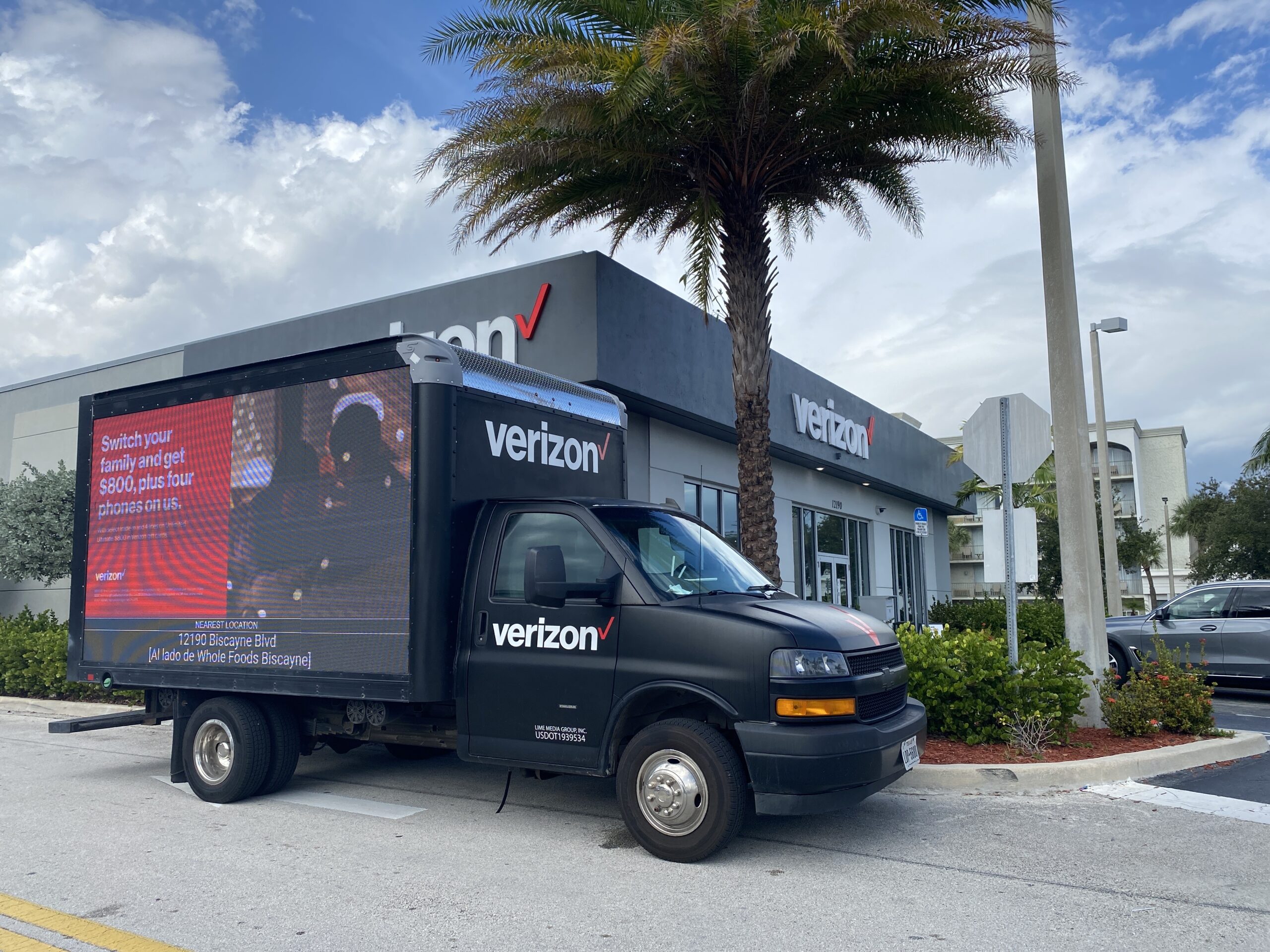Targeting Generation Z and millennial audiences has become necessary for businesses looking to stay relevant and competitive in today’s market. These generations make up a significant chunk of the population. Their purchasing power and influence continue to grow.
Reaching these audiences can be challenging. They have unique preferences and behaviors that are very different from previous generations. To effectively target Gen Z and millennials, businesses must leverage various marketing strategies to build strong connections and drive long-term growth by understanding their needs and tailoring their messages accordingly.

Social Media Marketing
Social media marketing has become an essential tool for businesses looking to target Generation Z and millennial audiences. These generations are highly active on all social media platforms and are more likely to purchase from brands with a solid social media presence. To effectively target these audiences, businesses must create engaging content that speaks to their interests and values.
These generations love authenticity. They value transparency and honesty from brands and are more likely to engage with content that feels genuine and relatable. For example, many Gen Z and millennial consumers are passionate about social issues and environmental sustainability, so incorporating these topics into your social media strategy can help to connect with them on a deeper level.
Engaging with your audience by responding to comments and messages, along with incorporating user-generated content into your strategy is also essential. You can also allow consumers to engage with your brand through hashtags and interactive content! Brands must be willing to adapt to their evolving preferences and interests.

Influencer Marketing
Influencer marketing has emerged as a very effective way to reach Generation Z and millennial audiences. These generations are more likely to trust recommendations from their peers and influencers they follow on social media.
By partnering with influencers in their industry, businesses can tap into their extensive (and loyal) fan bases and promote their brand and products to a broader audience. Influencer marketing can be utilized in many ways. You can use sponsored posts, product reviews, brand collaborations, and even takeovers. The key is to find the right influencers who align with your brand’s values and are influential among your target audience. By working with influencers, businesses can boost their visibility, credibility, and build strong relationships.
It helps to understand the types of influencers that resonate with Gen Z and millennials. Micro-influencers, or influencers with smaller but highly engaged followings, are often more effective at reaching these audiences than prominent celebrity influencers. This is because micro-influencers typically have a more niche following and are seen as more relatable and authentic. Think about the platforms where these influencers are most active. For example, Instagram and TikTok are popular platforms among Gen Z and millennials, while Facebook is less commonly used. It’s also important to be transparent about influencer partnerships by including disclosures in sponsored posts. This will help build trust with your audience. Establish clear goals and metrics for your influencer campaigns, such as impressions, engagement rates, and conversions. By tracking these metrics, you can ensure that your campaigns are effective and provide a positive ROI.

Email Marketing
While social media is often the go-to channel for reaching Gen Z and millennials, email marketing can also effectively connect with this group. When creating email campaigns, remember to keep things personalized and relevant.
Utilize automation and triggered emails. These demographics are used to receiving personalized, real-time content, and triggered emails can help to deliver this type of content. For example, you might send a welcome series of emails to new subscribers or an abandoned cart email to customers who have left items in their online shopping cart. Remember to test and optimize your email campaigns over time, using metrics such as open, click-through, and conversion rates. This can help you identify which strategies are most effective at engaging your audience and driving conversions. Consider the tone and voice of your emails. These generations are more likely to respond to casual, conversational language than to overly formal or sales-driven content.
Using eye-catching design and visuals in your emails and incorporating social “proof”, such as customer reviews or ratings, can help to build trust and credibility with your audience.

Video Marketing
Video marketing is an excellent way to reach Gen Z and millennials because they are highly engaged with visual content. When creating video content, remember their preferences for short, snackable content that can be easily consumed on the go. This can include short-form videos on platforms such as Instagram, TikTok, and Snapchat and even longer-form videos on YouTube.
Use engaging storytelling to capture their attention and keep them interested. Add humor and creativity to your videos! These generations respond to content that is entertaining and shareable. You might even incorporate interactive elements into your videos, like polls or quizzes, to encourage engagement and participation. Marketing to Gen Z and millennials requires creative marketing tactics requiring brands to think outside the box and harness their creativity. Utilizing these practices will help you build strong relationships with your audience and drive conversions for your brand.



